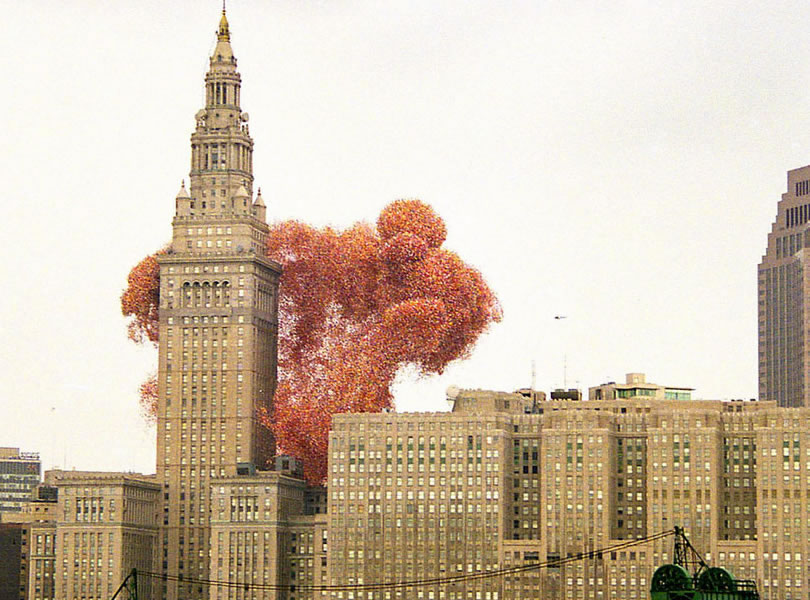I really appreciated this video, and for a variety of reasons. For one, it was really well done! Especially the scene with the tea. For some reason, watching that little piece of paper that is connected to the tea bag drift down the mug as the water pushed the tea bag to the top was so incredibly satisfying and real. So too was the tension, the life, and the moments of every day married life.
There was also a great deal that I could relate to.
Strangely, one of them was a naked neighbor. While living in China, we absolutely saw the lives of others who lived just across the way. And yes, one of them loved to live life naked, and without curtains. Fortunately, our relationship with him was more like that of Ugly Naked Guy from Friends. We never knew him or met him outside on the street. We just noticed him, as we did the dishes or poured ourselves a late night tea. We never ordered binoculars.
We do, however, find ourselves much like the married couple in that we can sometimes spend time in our days wishing for other things. Things like peace and quiet and the ability to finish conversations. Or, just as the short film portrays, to be young and vibrant and social again. At times we even wish that life were different. That we were different.
Sometimes, we want to be young again.
And in that regard, this short film hit close to home. Which is why the ending - the reminder - was all the more powerful: life is not greener on the other side, it is greener where we water it.
And in order to water it, one must be present. Which I can often times have a difficult time doing. So too does my wife. She just does it in a different direction. While she tends to want to redo the past; I often long for a better future. Left alone, neither is all that helpful, but both have their role.
Just like the two neighbors experienced, considering the past and the mistakes made can impact and improve the future. It can also dull the present. Planning for a better future requires analyzing and improving the now - which is great! But it can also pull the joy out of the present.
In order to be healthy, both perspectives require a stable and consistent dose of living in and absorbing the present. Be it with a newly discovered relationship and the spontaneity and freedom it allows, or an experience and a routine relationship that is filled with diapers, bills, and occasional nights off, it is essential that we turn our backs to the window and absorb the present. Because whether we like it or not, it’s what we have. And whether we believe it or not, we have control over it. As well as our perceptions of it.
And that, for me at least, is an encouraging thought. It is also a great reminder to put away the phone, get on the floor with the kids or crawl onto the couch with my wife - no matter how tired I am.
If I don’t, I’ll spend my days staring out windows, missing and wishing for life.
For more on . . .
-N- Stuff : Short Films: Documentaries


